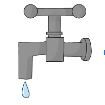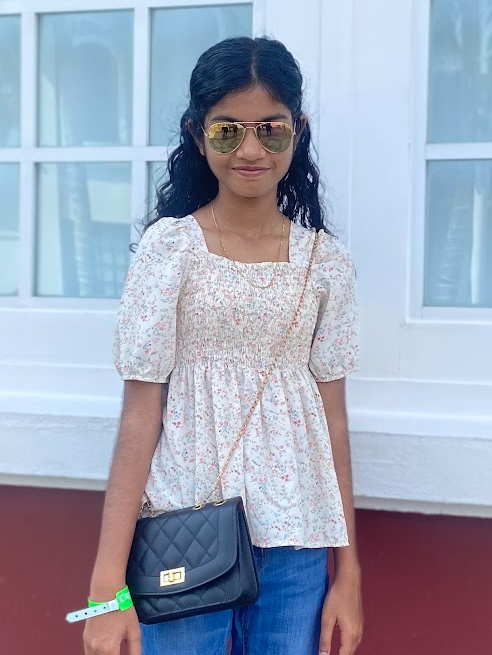Save Water; Stop Scarcity!

Introduction
Clean, consumable water. It’s something that every living being needs to survive. So, have you ever stopped to ask yourself: what will happen if the world runs out of this clean water? Well, to put it bluntly, all living beings will just slowly die. Kind of like how a rose’s petals wilt if left uncared for too long. It’s sad, but unfortunately, it’s also true.
By when will the world face water scarcity?
Even now, water scarcity is not something that is uncommon. Even in countries that have adequate water supplies, people still sometimes have to face scarcity. Referencing this information, recent studies have shown that about half the earth’s population will face scarcity of clean water, even as early as 2025, if things keep going as they are now. This will be the situation for about 700 million people in 2030. At this rate, the world may not have sufficient amounts of freshwater by 2040.
Reasons for the insufficient amount of clean water
Well, anyone can read the above subtitle and be able to come up with a sensible reason. Let’s start with the most obvious one: Wasting water. People can be very inattentive when it comes to saving water. Mostly, water is wasted when people leave taps running for too long without using or not closing the taps properly or when they carelessly use too much water for something that can use up very little (later, this can also end up in their faces because water bills can cost a lot).
Another main reason that clean water is becoming scarce is because of water pollution. Drought is also another reason why a lot of countries have to go through large periods of water scarcity, which is caused by climate change. In some countries, people get their clean water for consumption, sanitary purposes and cooking from natural water supplies like lakes, for example. When drought causes these water sources to dry up, some people have to go long periods of time without clean water.
Ways to help reduce water scarcity
Helping to put an end to water scarcity is as easy as saying it. Anyone can contribute just by doing the simplest things. For example, turning off water taps/valves when not in use; instead of pouring the water used to wash fruits and vegetables into the sink, using it to water your plants, etc.
As energy production uses up a lot of water, one very easy (and very obvious) way to stop it is to use other natural ways to get energy. For example, wind energy or solar energy.
Reducing water pollution is one of the most important steps that can be taken when it comes to helping save clean water. Of all the water on Earth, only 2.5% is freshwater, and of all the freshwater, only about 1.2% of water is clean, usable surface water. So taking steps to stop water pollution from things such as boats, or stopping littering in the oceans, etc., is important.
Conclusion
To conclude, the one thing I can say is, play your part in saving water. If water isn’t conserved, the consequences could be disastrous. Or even worse, this could happen in just a few years. The current problems, such as climate change, water scarcity, overpopulation, etc., are mostly connected to each other, with one problem getting bigger and worse and leading to another big problem. It’s important to know and reflect on why water is growing scarce and take action to conserve it because we want our world to live and keep on thriving.
References
Author Biography
Aishath Ainee Anees is a 13 year old, born and raised in Male’, Maldives. She is currently studying in 7th grade in Dharumavantha School and is a student in the Leaders of Tomorrow Program by theCircle, Ugail Foundation.
Ainee currently lives in Male’ the capital of Maldives, with her family, and enjoys writing, mostly fiction (genres being fantasy, horror, mystery and adventure), reading and is a passionate artist. She aspires to become an architect in the future.

Cite this article as:
Aishath Ainee Anees, Save Water; Stop Scarcity!, theCircle Composition, Volume 4, (2023).
